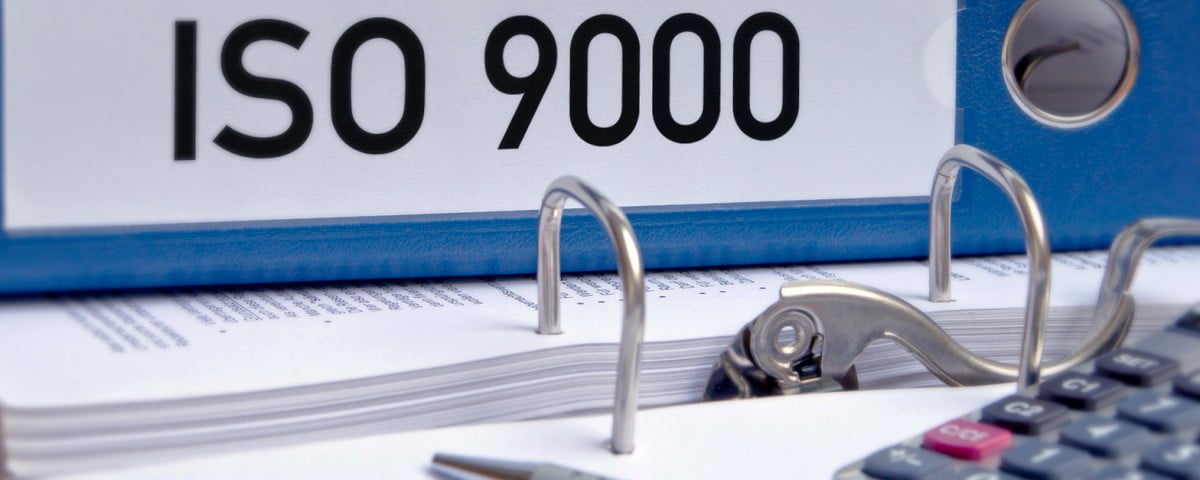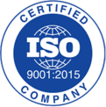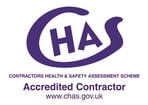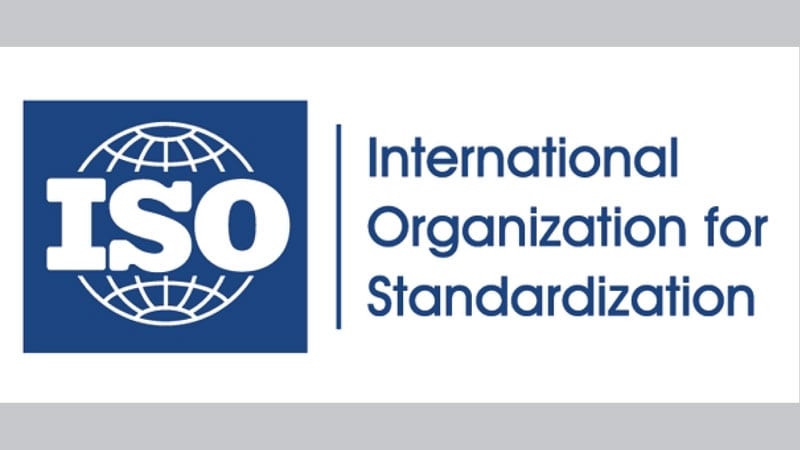
The ISO 9001 certification can be achieved by reputable companies of all sizes and types and has become recognised as a worldwide standard for a quality management system. But what is ISO 9001: and why does it matter to you?
The ISO 9000 family
The ISO 9001 family covers a variety of aspects of quality management and contains some of the best-known ISO standards. These offer guidance and tools for companies and organisations to ensure their products and services meet customer requirements in a consistent way and that quality is consistently being improved.
The system uses seven quality management principles:
- QMP 1 – customer focus
This is a focus on the current and future customer needs, meeting customer requirements and strive to exceed expectations of the customer
- QMP 2 – leadership
Leadership should create a purpose and direction for the company that creates and maintains an internal environment where people can be involved with organisational objectives
- QMP 3 – Engagement of people
Encourages full involvement of the people within the business and their engagement with its processes
- QMP 4 – process approach
Achieving desired results efficiently with the management of activities and related resources as a process
- QMP 5 – Improvement
Improvement of the overall performance should be a permanent, ongoing part of the process
- QMP 6 – evidence-based decision making
Using evidence to make decisions within the business that are based on information and collected data
- QMP 7 – relationship management
Managing relationships with suppliers, contractors, services providers that are mutually beneficial and create value
ISO 9001:2015
The ISO 9001:2015 is the only standard in the family that can be certified although this isn’t a compulsory requirement. Large or small organisations can use it regardless of the nature of their business and there are some one million companies and organisations across 170 countries that currently make use of it.
The standard is based on quality management principles including:
- Strong customer focus
- Motivation and implication of top management
- The process approach
- Continual improvement within the business
There are also sector-specific applications that include ISO 29001 for the petroleum, petrochemical and natural gas industries, ISO 13485 for medical devices, ISO 90003 for software engineering and ISO 18091 for local government.
Why would ISO:9001 matter?
Whether you are a customer looking for a reputable company or a business looking to see if they need the certification, what are the benefits of applying to 9001 standards?
Meet customer requirements
The top reasons for getting ISO certified is to meet customer requirements. Many customers now expect a certain guarantee of the standard from a business and this is a clearly defined and well-recognised way to offer this. Businesses do need to institute and continue to adapt to the principles of the system including the continual improvement of the business to get the most from the ISO certification.
Overall improvements in the company
By getting certified and keeping up work on the improvements side of it, the company can see improvements in quality in related areas that don’t fall directly under the ISO system. Because the ISO is a quality management system, this quality can spread to all aspects of the business.
Better company culture
The use of quality standards also means better company culture and morale. This system can empower employees and make it that they have clear expectations around their roles, the tools of their job and what to do to give feedback on problems that they encounter.
Consistent processes
A big element of quality is ensuring that consistent processes are used in all things so that the outcome is always the same. This makes it easier for staff to know their role and what they need to do and creates a more reliable outcome for the customer.
Internationally recognised standard
The ISO system is an internationally recognised standard that means if a business plans to work outside the country, it has a standard in place that will be recognised around the world.
What you can and can’t do with an ISO certification
It is important that you are careful to show that your management system and processes have been certified to ISO 9001 but not that the products or services are certified by ISO as this is misleading. You also can use the certificate in your marketing once you have this qualification. You must use the full qualification such as ISO 9001:2015, not just shortened to ISO or SO 9001.
ISO certification may be mandatory for some public sector workers so if you are considering tendering for contracts in this area, you may need to have the certification in place beforehand.
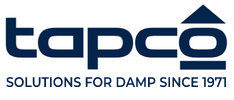

 Damp Proofing
Damp Proofing Basement Damp Proofing
Basement Damp Proofing Water Damage
Water Damage Condensation Control
Condensation Control Dry Rot Treatment
Dry Rot Treatment WOODWORM & WET ROT
WOODWORM & WET ROT CAVITY Wall Ties
CAVITY Wall Ties Property Maintenance
Property Maintenance Waterproofing And Tanking
Waterproofing And Tanking Structural Repairs
Structural Repairs